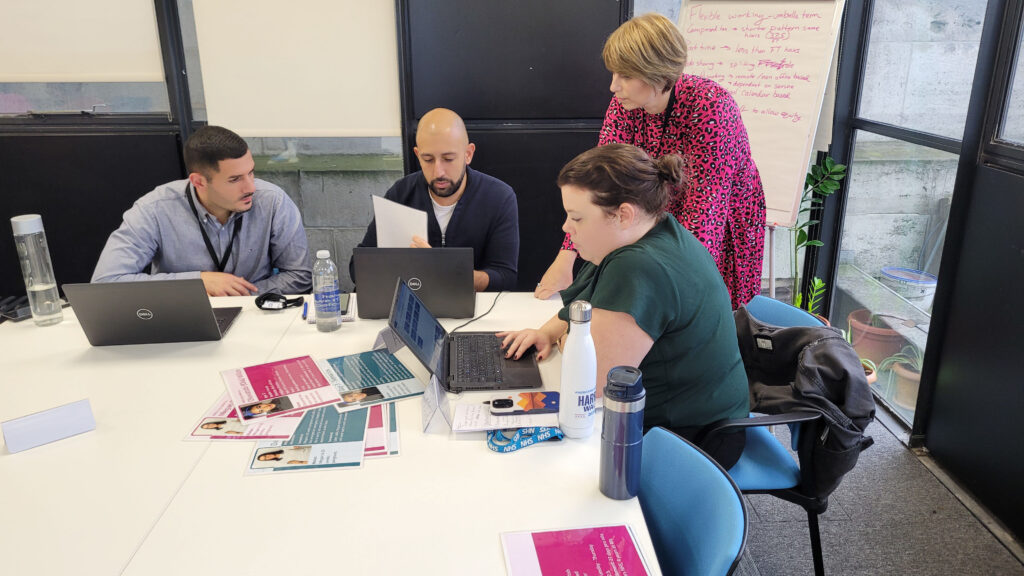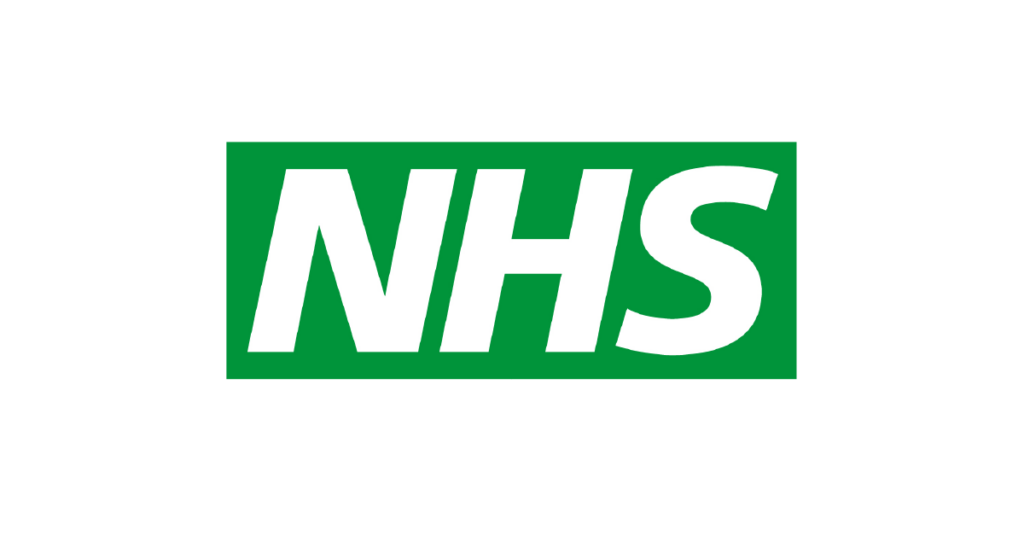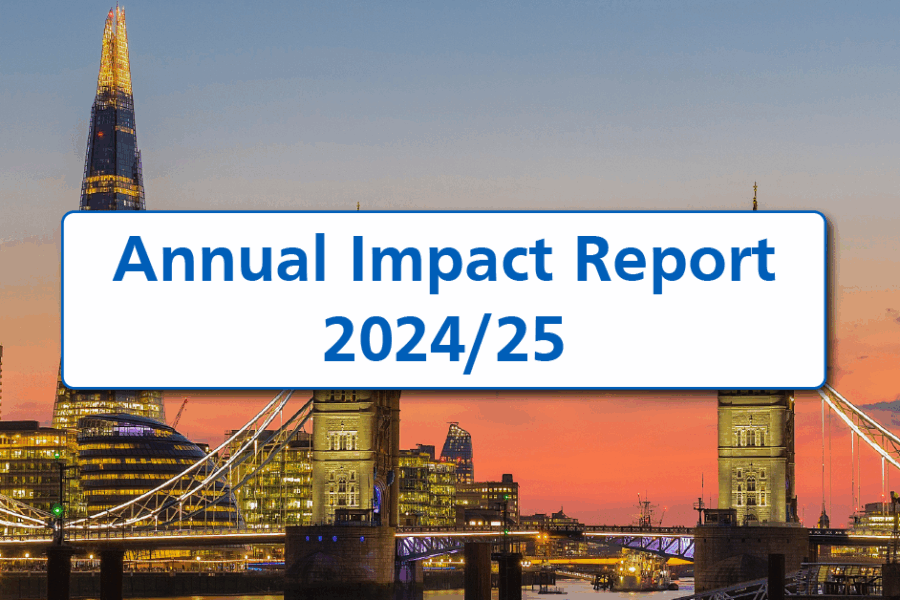Organisation development and improvement
Our expert team is highly skilled at implementing transformation, change and improvement programmes. We help our clients in health and care, and other sectors, to articulate their drivers for change, identify opportunities for improvement, and design and implement comprehensive change programmes using best-in-class methodologies.
In 2024/25, we delivered a range of bespoke coaching and highly-rated learning and development courses, including Effective Line Management, accessibility and inclusion, and After Action Review training, to upskill teams and individuals across the system.
We also designed a number of programmes and strategic initiatives to help NHS organisations adopt new ways of working to deliver more inclusively, efficiently and sustainably.

People
Develop your people, transform your impact: learning and development across the NHS and public sector
TPHC’s Learning and Development faculty upskills and empowers people working both inside and outside the NHS. We are proud to deliver bespoke and tried-and-tested courses and coaching that provide people with effective tools and actionable strategies that help them to work more inclusively, efficiently, with purpose, and in line with best practice.
In 2024/25, we trained staff, including those from our host organisation, The Royal Free London Group, and external clients from a range of NHS and non-NHS organisations.

We provided:
- project and programme management training
- line management training
- leadership support
- bespoke training, developed to meet clients’ specific needs and strategic priorities
- training in consultancy skills by our in-house Consulting Academy
- training on accessible communication and reasonable adjustments
- tailored coaching, empowering people to meet their personal and professional objectives and boost their job satisfaction and experience.
Better for the NHS
- 120 health and care staff in a London borough undertook our accessibility training on improving communications and engagement with underserved communities. 97% of them rated it as excellent or good.
Feedback on our accessibility training:
‘‘Great training, the pace was just right. I really liked that it was interactive with lots of different tools to keep us engaged. The content was really good. Found it really useful. Thank you.’’
Better for NHS managers and leadership
- Leaders at an NHS trust took part in our pilot leadership training to equip them to be as effective as possible. 100% rated the course as excellent.
- 44 participants took part in our first cohort of Effective Line Management training, to maximise managers’ and staff performance. 100% agreed or strongly agreed that course objectives were met, and that the content was meaningful and relevant.
Feedback on our Line Management Training:
‘‘I really enjoyed the course. Content was very relevant and leaders were very friendly and made you feel comfortable to speak openly. Best management training I have received.’’
Building a culture of continuous improvement with After Action Review
An After Action Review (AAR) is a structured evaluation to analyse actions or events where there has been an unexpected outcome. After Action Reviews, run by a facilitator, create a psychologically safe environment where everyone has an equal opportunity to input, enabling lessons to be learned for future improvement.
We delivered AARs for a range of clients, also delivering our CPD certified training on how to use this approach. We supported organisations to set up their AAR community of practice to embed the AAR approach, as part of their strategies for improving patient safety or building a culture of continuous improvement.
Better for patients
We undertook many after action reviews, enabling teams to understand and share learning from completed work, benefiting patient care and NHS efficiency.
We delivered 10 After Action Review facilitator training sessions to over 180 NHS and non-NHS participants, equipping organisations to undertake the After Action Review process themselves.
Transforming occupational health and wellbeing services for NHS workforce in North Central London
North London Partnership Shared Services is a corporate services partnership for eight north central London NHS trusts whose purpose is to deliver high quality and better value shared NHS corporate services at scale.
It helps staff across its network to access the information, systems and processes they need quickly and seamlessly, which frees up time to focus on direct patient care. It is committed to excellent patient care through an outstanding employee experience.

Its occupational health and wellbeing service (OHWB) was formally established in early 2022, when five partner organisations transitioned their teams to the central shared service. This provided business as usual continuity in the short term.
In 2024/25, TPHC undertook a strategic review focused on developing the future shared service delivery model and offer by OHWB services to improve the health and wellbeing of the workforce.
The methodology adopted was robust and structured, with extensive stakeholder engagement; desktop research to identify models in the NHS, education and commercial sectors; and analysis of qualitative data.
This informed the development of a shared vision and ambitions; short, medium and long-term priorities; and workstreams to take forward with a high-level roadmap. Our findings and recommendations helped senior leaders build a shared understanding and vision of the future among the wider leadership team and stakeholders, a case for change, and actionable steps to achieve it. We also ensured the work aligned with key national policy and strategies. These included the Growing Occupational Health and Wellbeing Together strategy and Lord Darzi’s 2024 review of the NHS in England.
Better for NHS staff
Our recommendations to transform the service focused on transitioning to proactive prevention. OHWB is developing a holistic, tiered offer that’s sustainable, scalable and supports mental health, musculoskeletal health, and health through menopause. This will better meet the needs of individual team members, managers, and partner organisations, improving staff health and wellbeing and ultimately benefiting patients.
Better for the NHS
This work has generated national interest. The team has shared its learning widely to benefit other organisations looking to review and scale their occupational health and wellbeing offer.
Mike Tresise, Service Development Director, NLPSS, shared:
‘‘[TPHC’s] specialist NHS knowledge combined with a robust approach has delivered an excellent and practical strategic plan for NLPSS including clear priorities that is also recognised nationally as a valuable asset to help shape occupational health and wellbeing services in the future.”
Inclusion
Improving accessibility of information for Moorfields patients
TPHC worked with Moorfields Eye Hospital NHS Foundation Trust to support a project to embed the Accessible Information Standard across the organisation. The Standard sets out a specific, consistent approach to identifying, recording, flagging, sharing and meeting the information and communication support needs of patients, service users, carers and parents with a disability, impairment or sensory loss.
This is a national requirement; health and care providers across the country have been challenged by funding and staff training gaps to fully implement the Accessible Information Standard. As a specialist eye hospital, Moorfields is committed to implementing the standard to best meet the needs of many of its users who have temporary or permanent visual impairment.
We delivered the project by running stakeholder workshops to understand the key steps for implementation, including the many interdependencies and provided programme support and advice.
Better for disabled patients
Patients will be able to communicate with staff more effectively, which will improve their experience and their health outcomes.
Better for the NHS
Improving communication with patients and those supporting them will also improve staff satisfaction and NHS efficiency.
The client shared:
“Alex was fantastic at helping to get our project going, implementing a project structure, engaging teams and bringing people into the project to help bring it to life. She and Zoe got to grips with some complex challenges in order to create the road map for the subsequent phases of work.”
Curious to see how we can make a difference?
Interested in hearing more about how we have helped tackle health inequalities? Contact us for an informal chat.
email us at:rf-tr.tphc-communication@nhs.net
Sustainability
Taking a greener by design approach to digital in north central London

NHS England’s Greener Digital team is working to embed a sustainable ‘Greener by design’ approach into the development and lifecycle of all digital projects and programmes. As one of four system partners in this initiative, North Central London Integrated Care System brought in TPHC to pilot embedding a greener by design approach in ongoing digital projects.
We convened a multi-skilled digital sustainability team with a shared vision and passion for adopting more sustainable practices in the digital space. They mobilised rapidly and used an Agile approach to structuring and delivering this work.
The ambitious plan looked to:
- test emerging “greener by design” principles against live digital projects in north central London trusts
- work with the Green Web Foundation to co-design a Digital Assurance Framework
- undertake stakeholder engagement with north central London trusts, ICT teams and senior leadership to understand the requirements and challenges for adopting greener, more sustainable practices
- engage with digital, clinical and sustainability leads from across trusts and other organisations, partnering with the NHS England Greener Digital Team.
- produce content for both the north central London Green Plan submission and emerging digital strategy.
We:
- co-produced a “greener by design” testing protocol, producing a number of pilot case studies to document outcomes and learning
- co-created with NHS England, a Digital Sustainability Lifecycle Model and a Digital Sustainability Assurance Framework in partnership with the Green Web Foundation
- collated project learnings and insights, articulating digital sustainability opportunities in an end of project report that was drawn on by both the green plan submission for North Central London Integrated Care System and the Integrated Care Board’s Digital Strategy.
Our team handed over this work to North Central London Integrated Care Board with an implementation plan to support ongoing collaboration with NHS England.
Better for patients
Digital healthcare benefits patients by streamlining their access to care, reducing delays, and enhancing their ability to manage their appointments and their own health.
Working greener in digital contributes to healthier environments and lowers health risks linked to air pollution and climate change which can exacerbate health inequalities. Reducing NHS carbon emissions will benefit patients with respiratory conditions and other vulnerable populations, particularly very young and very old people.
Better for the NHS
The success of our work created momentum among the system’s digital sustainability leads to do more “greener by design” work.
Greener digital design will enable the NHS to operate more sustainably, lower the carbon footprint of services, streamline appointment management, and reduce reliance on physical infrastructure and paper-based systems. This will be better for people, the planet and the NHS.



